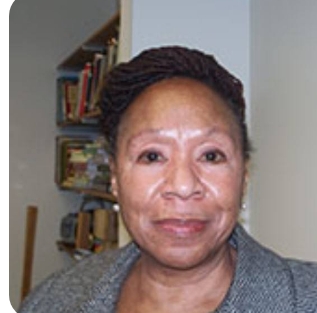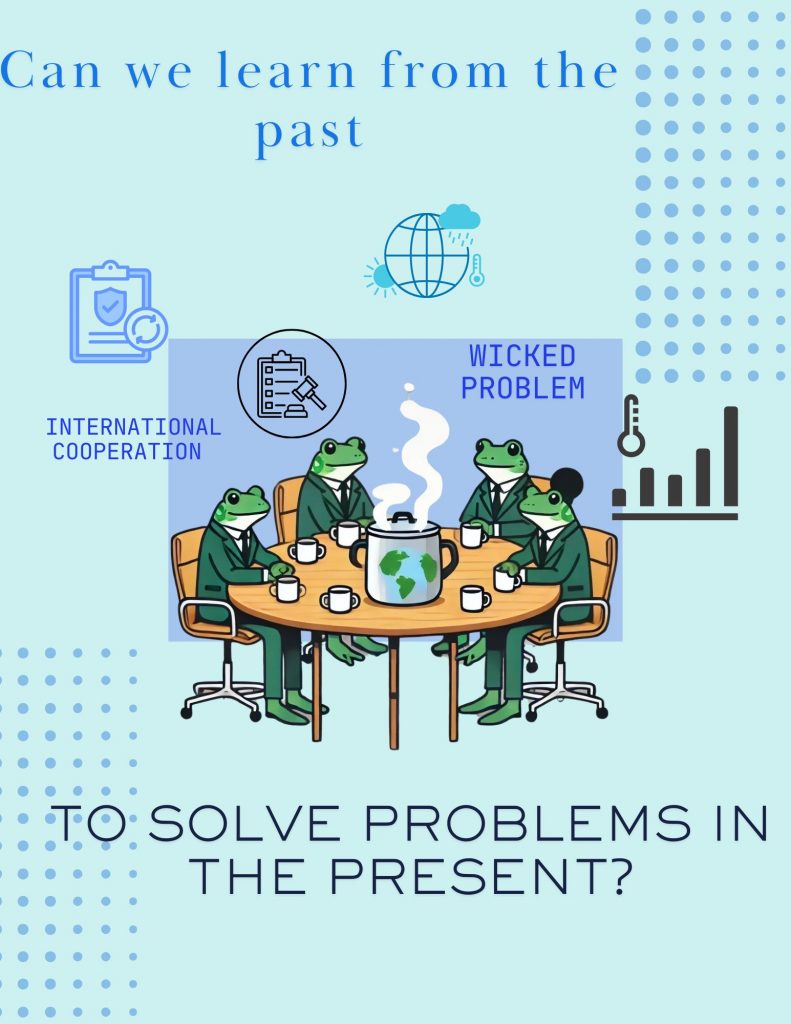By Jace Hoppel
Introduction
The world of nationalism and nationalistic thinking is quite the mixed bag. An ideology that can inspire revolution to incite democracy, but can also promote highly racial ideologies. Regardless of how you look at it, one thing that all can agree is quintessential to nationalism is history. The prospect of knowing what either your ancestors or forerunners of your country did is bound to rally up nationalistic pride.
So what does it look like if that sense of nationalism is threatened? One particular example is the exploitation of a nation’s artifacts, a clear sign of its history, in order to be displayed in museums (usually in Western museums). Nations like Greece, India, and various African, Meso, and South American nations have been large victims of artifact exploitation, but one country especially has been hit hard by this—Egypt.
Continue reading


